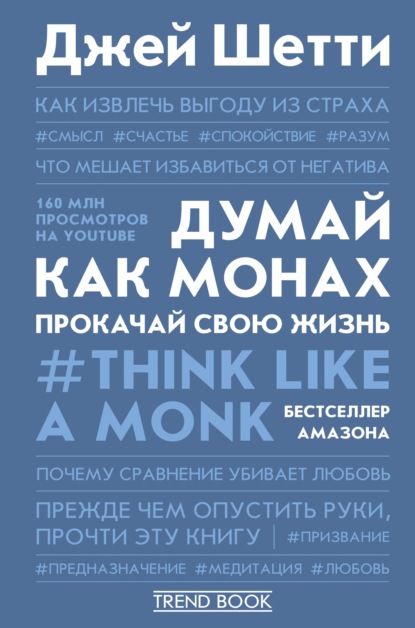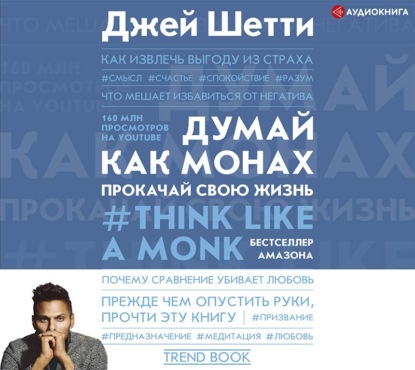Хватит выгорать. Как миллениалы стали самым уставшим поколением

Полная версия
Хватит выгорать. Как миллениалы стали самым уставшим поколением
Настройки чтения
Размер шрифта
Высота строк
Поля
Конец ознакомительного фрагмента
Купить и скачать всю книгу




